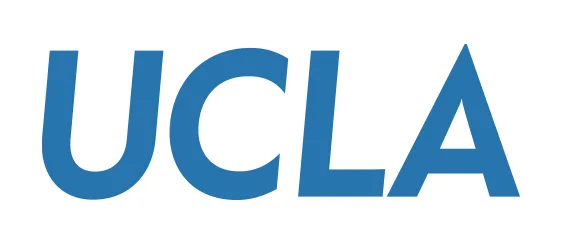Public Impact Research Award
The UCLA Public Impact Research Awards recognize faculty for their sustained efforts to translate their research into positive public action. These awards are intended to demonstrate that the university recognizes and values the extra effort required to achieve impact of this type. Such an award program can elevate the profile of HIBAR research, and it can also be a good way to identify and connect with researchers who are working on HIBAR research projects.
A brief description of the Public Impact Research Award
In honor of UCLA’s Centennial Celebration, the Office of the Vice Chancellor for Research & Creative Activities established the Public Impact Research (PIR) award to recognize faculty for their sustained efforts to translate their research into positive public action, and the inaugural awards were conferred in 2022. For the purposes of the award, the term “public impact” is defined broadly to include scientific, social, cultural, artistic, political and other forms of public benefit that may be local, national and/or global.
Four awards are conferred each year and each award includes a cash prize of $15,000. These awards are intended to demonstrate that the university recognizes and values the extra effort required to translate or transfer specific research findings into public benefit. They provide a platform for UCLA to highlight and publicize the ways in which local, state, national, and global communities are benefitting from UCLA research and creative activities. This goal is consistent with UCLA’s mission statement, which states that the institution’s “primary purpose as a public research university is the creation, dissemination, preservation and application of knowledge for the betterment of our global society.”
As a public institution that is deeply engaged throughout the public arena, UCLA has many examples of endeavors that have had a significant public impact. Not all of these activities necessarily align with the goals of this award, which is specifically focused on instances where UCLA faculty have translated their research and/or creative work for the benefit of the broader public.
This strategic action can encourage cross-sectoral co-leadership & shared decision-making:
HIBAR projects have two important components of integration: (1) They integrate academic purpose with societal purpose, which creates new knowledge while applying it to practical challenges and (2) They integrate academic leadership with societal leadership, which creates cognitive diversity that fuels successful innovation.
Shared leadership with experts in society is not a requirement for eligibility for the current implementation of the UCLA Public Impact Awards, so it is not specifically intended to recognize only HIBAR projects. However, developing the types of cross-sectoral co-led partnerships that are integral to HIBAR projects is one way that academic researchers can make it far more likely that the research results improve the wellbeing of all stakeholders, and organizations can encourage and recognize these types of projects through a Public Impact Research award program.
This strategic action directly contributes to various common institutional priorities, including:
HIBAR projects enable university-based researchers and non-academic researchers and practitioners to work together on projects that strengthening commitment to research excellence and also greatly accelerate progress toward solving society’s critical problems, since co-produced research outcomes are more likely to be translated to benefit society in the long term.
Community Engagement
HIBAR projects involve deep partnerships with individuals in external organizations, often in locally-based industries, governments, non-profits, and communities. This inclusion helps build long-lasting relationships with people and organizations holding diverse knowledge and perspectives, and increases future community-engaged activities and solutions.
Global Impact
The integrative cross-sectoral decision-making within a HIBAR project accelerates knowledge creation and generates better and faster solutions toward society’s critical problems. This strengthens a university’s relationships with non-academic organizations, and increases future opportunities to identify and contribute to solving societal challenges.
